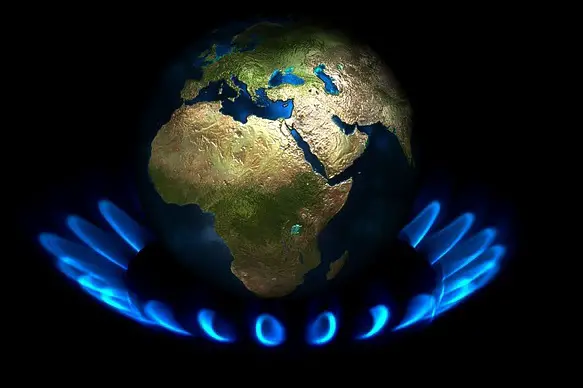Speaking at the Economic Meetings of Aix-en-Provence forum on Sunday TotalEnergies СEO Patrick Pouyanne warned that the EU may not be prepared for gas supply constraints which may emerge this winter.
Pouyanne noted, even if EU nations manage to fill reserve storage capacity to 100 percent by the start of the heating season, it may not provide enough fuel to last through the entirety of a particularly cold winter.
He warned, “As for gas, storage facilities will be full in October, but if the winter in Europe is cold, these reserves on the continent will not be enough to meet demand throughout the winter season.”
He went on to say that it would not necessarily mean the EU would run out of gas. He said it would likely import additional supplies at much higher prices, noting, “there are no friendly prices in a market where everything depends on supply and demand.”
Previously the EU acquired nearly half of all its gas imports from Russia, which supplied large quantities of cheap pipeline gas through the Nord Stream 1 pipeline. However following the onset of the military conflict in Ukraine, the EU sought to lower its reliance on Russian fuels, which were being delivered in lower quantities anyway due to sanctions leveled against Moscow, as well as a sabotage attack which blew up undersea segments of the Nord Stream pipelines.
To lower their dependence on the Russian fuel, the governments of Europe began sourcing large quantities of liquified natural gas (LNG), primarily from the United States and Qatar. According to data from Pouyanne, in 2022, the EU purchased 64% of American LNG exports, which was more than twice what it imported in 2021.
However, Pouyanne noted, the EU may not be able to acquire LNG from the US as easily, as with the upcoming presidential elections, exports of the fuel may be limited to prevent a rise in prices on the US domestic market.
He warned, “If the Republicans decide to stop exports, there is a major systemic risk.”
Pouyanne urged everyone to continue conservation measures to limit usage in an effort to forestall any shortages this winter.
He said, “We must save energy. The French were able to save 15% of energy last year, because of the high prices: when you have very high prices, you start to save. The challenge now is how we are going to maintain this effort to stave off the next crisis.”

